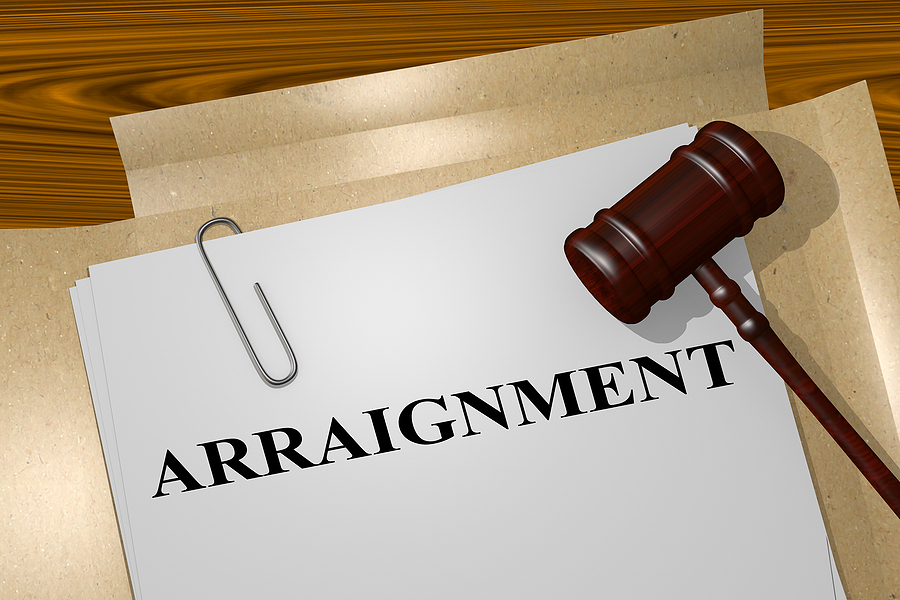Facing a criminal charge can be an incredibly stressful and confusing experience. One of the first steps in this process is the arraignment. Understanding what happens during this critical stage can significantly impact your ability to defend yourself effectively. This guide aims to demystify the criminal court arraignment process for defendants, ensuring you know your rights and responsibilities and are prepared for what lies ahead.

What is a Criminal Court Arraignment?
A criminal court arraignment is the first formal meeting between the defendant and the court. Understanding the steps can help you feel more at ease as you face the court for the first time. An arraignment serves several essential purposes:
- Initial Appearance: The defendant makes their first appearance before a judge.
- Reading of Charges: The charges against the defendant are formally read out loud in court.
- Entering a Plea: The defendant enters a plea (guilty, not guilty, or no contest) in response to the charges.
Rights and Responsibilities of the Defendant During an Arraignment
During a criminal court arraignment, defendants have specific rights and responsibilities that are crucial to understand. Being aware of these rights and responsibilities can empower you to make informed decisions during your arraignment. These rights include, but are not limited to:
- Right to Legal Representation: You have the right to have an attorney present. If you cannot afford one, the court will appoint a public defender for you.
- Understanding Charges: Ensure you fully understand the charges against you. Ask your attorney to explain any terms or concepts you don’t grasp.
- Entering a Plea: Deciding how to plead is a significant decision that should be made with the guidance of legal counsel.
Common Mistakes to Avoid During the Arraignment Process
Mistakes during the arraignment can have long-lasting consequences. Avoiding mistakes can help you present yourself more effectively and maintain a stronger defense. Here are some common pitfalls to avoid:
- Not Having Legal Representation: Going into an arraignment without an attorney can put you at a severe disadvantage.
- Ignoring the Charges: Failing to understand the charges can lead to poor decision-making.
- Inappropriate Behavior: Being disrespectful or uncooperative in court can negatively impact your case.
Tips for Preparing for Your Arraignment
Preparation is key when facing a criminal court arraignment. Taking the right steps can help you feel more prepared and confident during your arraignment. Here are some tips to help you get ready:
- Gather Necessary Documents: Ensure you have all required documents, such as identification and any paperwork related to your case.
- Understand Court Procedures: Familiarize yourself with the court’s procedures and rules. Your attorney can provide you with this information.
- Dress Appropriately: Dressing neatly and professionally can make a positive impression on the judge.
After the Arraignment
The arraignment sets the tone for the rest of your criminal case and can significantly influence its outcome. Understanding the long-term impact of the arraignment can help you better navigate the criminal justice system. Here’s how:
- Bail Hearing: Before the arraignment, a bail hearing will take place. The judge may decide to grant bail then and there or wait until the arraignment. They may deny bail altogether.
- Preliminary Hearing: Depending on your plea, the next step may be a preliminary hearing, where the judge determines if there is enough evidence to proceed to trial.
- Court Hearing Dates: Future court dates will be scheduled, and it’s crucial to keep track of these to ensure you attend all required appearances.
In Summary
Navigating a criminal court arraignment can be daunting, but being well-informed can make the process smoother. Remember your rights, avoid common mistakes, and prepare thoroughly. Seeking legal advice and considering a bail bond service can also provide additional support during this challenging time. If you have any further questions or need assistance, don’t hesitate to contact a legal professional. By understanding the arraignment process and taking proactive steps, you’ll be better equipped to handle the challenges ahead and protect your rights as a defendant.
If you find yourself in need of legal support or a bail bond, do not hesitate to reach out to professionals who can provide personalized guidance. Contact Woods Bail Bonds at 317-876-9600 for 24 hour bail bond services in Indianapolis, Indiana you can trust. We also offer prearranged bail bond service for arrest warrants and probation violations.
Related Posts:
The Benefits of a Pre-Trial Release
Standard Bail Hearing Procedures
General Order of Events After Being Arrested
